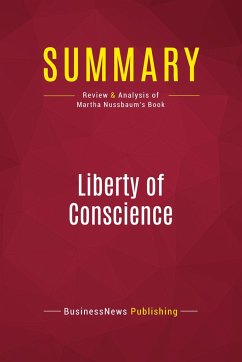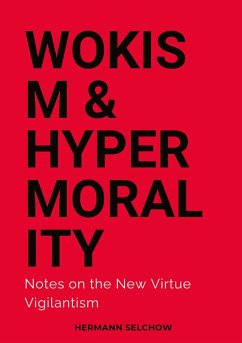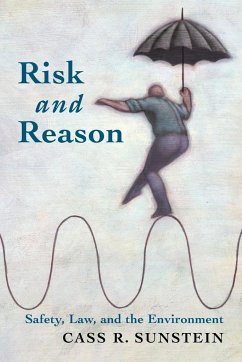
Identity and Intolerance
Nationalism, Racism, and Xenophobia in Germany and the United States
Herausgeber: Schirmer, Dietmar; Lazar, David; Finzsch, Norbert
Versandkostenfrei!
Versandfertig in 1-2 Wochen
134,99 €
inkl. MwSt.

PAYBACK Punkte
67 °P sammeln!
In a world of increasingly heterogeneous societies, matters of identity politics and the links between collective identities and national, racial, or ethnic intolerance have assumed dramatic significance - and have stimulated an enormous body of research and literature which rarely transcends the limitations of a national perspective, however, and thus reproduces the limitations of its own topic. Comparative attempts are rare, if not altogether absent. Identity and Intolerance attempts to shift the focus toward comparison in order to show how German and American societies have historically con...
In a world of increasingly heterogeneous societies, matters of identity politics and the links between collective identities and national, racial, or ethnic intolerance have assumed dramatic significance - and have stimulated an enormous body of research and literature which rarely transcends the limitations of a national perspective, however, and thus reproduces the limitations of its own topic. Comparative attempts are rare, if not altogether absent. Identity and Intolerance attempts to shift the focus toward comparison in order to show how German and American societies have historically confronted matters of national, racial, and ethnic inclusion and exclusion. This perspective sheds light on the specific links between the cultural construction of nationhood and otherness, the political modes of integration and exclusion, and the social conditions of tolerance and intolerance. The contributors also attempt to integrate the approaches offered by the history of ideas and ideologies, social history, and discourse theory.














